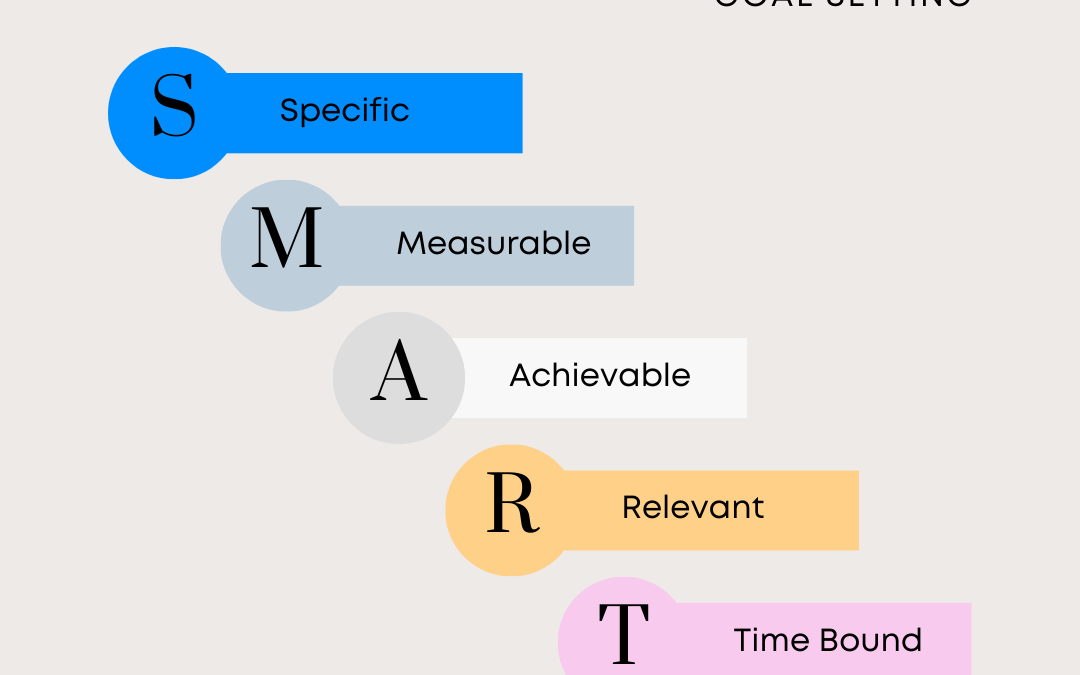When it comes to embarking on a successful digital marketing journey, it’s essential to have a clear roadmap that guides your efforts. This is where SMART goals come into play. SMART goals are Specific, Measurable, Achievable, Relevant, and Time-Bound objectives that help shape your digital marketing strategy for maximum impact.
Let’s explore why incorporating SMART goals is crucial to kick off your digital marketing endeavors.
1. Specific and Clear in Purpose
A well-defined goal is the foundation of any successful strategy. By creating Specific goals, you provide a clear direction for your digital marketing efforts. For instance, if your objective is to increase brand awareness, your SMART goal might be to achieve a 20% increase in social media engagement over the next three months.
2. Measurable Success
The “M” in SMART stands for Measurable. Metrics play a significant role in determining the success of your digital marketing campaigns. Defining key performance indicators (KPIs) allows you to track progress and make data-driven decisions. Whether it’s website visits, conversion rates, or email open rates, having measurable goals keeps you focused on tangible results.
3. Achievable Objectives
Setting achievable goals ensures that your team remains motivated and doesn’t get discouraged by unrealistic targets. It’s crucial to strike a balance between ambition and feasibility. For instance, aiming for a 200% increase in website traffic in a month might be impractical, but a 20% increase could be within reach.
4. Relevance to Your Business
Every goal you set should be Relevant to your business objectives. A relevant goal aligns with your brand’s mission, values, and overall marketing strategy. This helps maintain consistency across your digital marketing efforts and prevents wasted resources on irrelevant pursuits.
5. Time-Bound Deadlines
Time is of the essence in digital marketing. The “T” in SMART emphasizes setting deadlines for your goals. This keeps your team focused and accountable. Instead of aiming to increase website traffic “eventually,” setting a target like a 10% increase in traffic within the next two months provides a clear sense of urgency.
Incorporating the SMART framework into your digital marketing strategy ensures that you’re not just floating in the vast digital ocean but steering your ship with purpose. By answering fundamental questions about your objectives, target audience, metrics, and more, you lay the groundwork for a well-structured and effective digital marketing plan. Whether you’re a startup aiming to establish an online presence or an established business seeking to expand your digital reach, SMART goals provide the roadmap to success.
Remember that the digital landscape is ever-evolving. Regularly revisit your SMART goals to assess their relevance, adjust strategies based on changing algorithms, and adapt to shifts in consumer behavior. The ability to be flexible while staying aligned with SMART principles will set your digital marketing endeavors on a path to continuous growth.
SMART goals are the compass that guides your digital marketing ship. They transform vague intentions into well-defined strategies, allowing you to measure progress, achieve realistic milestones, and ultimately drive meaningful results. So, before you dive headfirst into your digital marketing strategy, take the time to craft SMART goals that will propel your brand to new heights in the digital realm.
Want to dive deeper into how SMART goals can help you create a kick-butt digital marketing strategy? Join Social Success Express today — my 5 day deep dive into all things social media that’s delivered right to your inbox.

